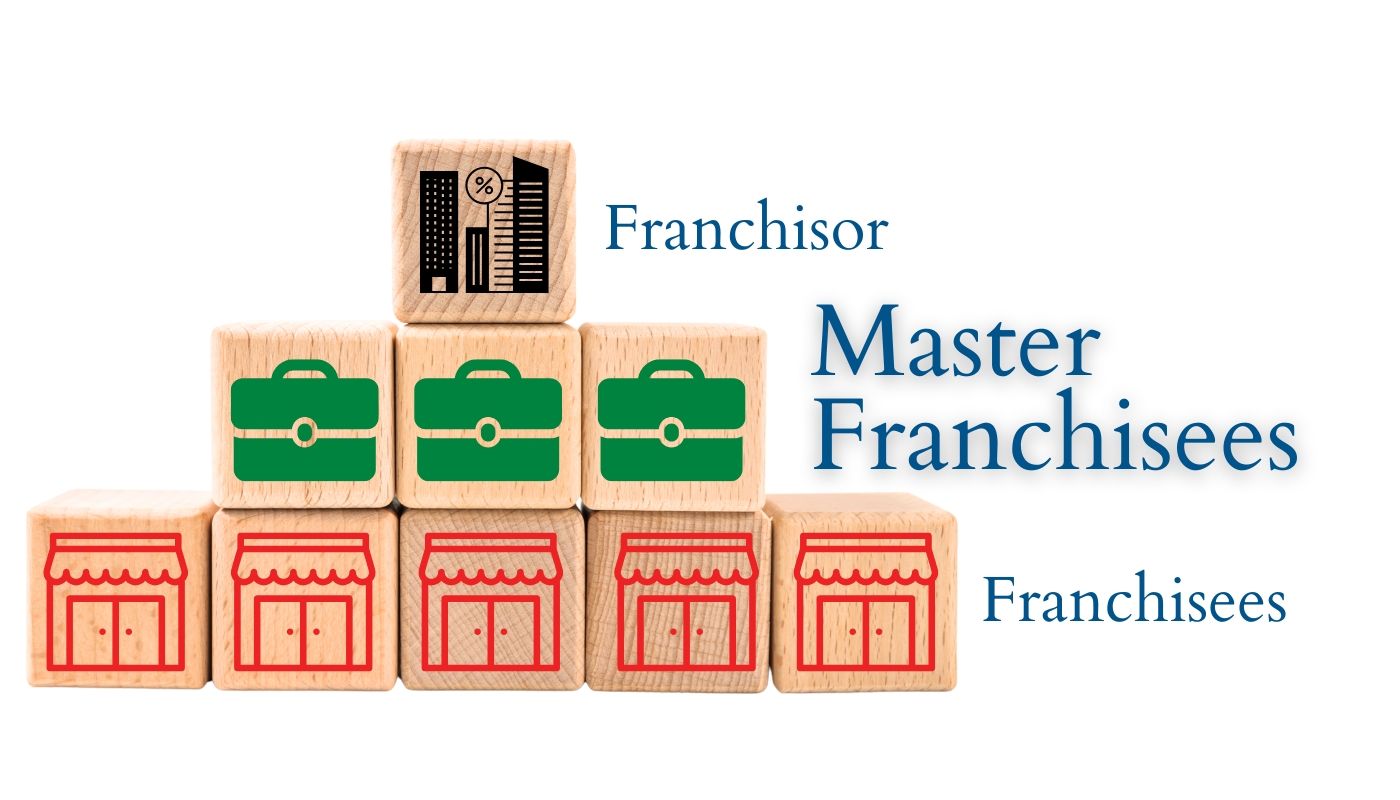How Much Does a Franchise Owner Make? The Potential Earnings of Ownership Explained
Becoming a franchise owner offers a desirable path for new entrepreneurs by offering access to established and successful business models. One considerable factor for pursuing this career path is understanding a franchise’s earnings potential.
The answer to the question, “How much does a franchise owner make?” is quite complex and depends on several variables:
- The specific type of franchise.
- The chosen ownership structure.
- The capital needed for overhead expenses.
This article will cover what is considered “average” for franchise owner earnings, which industries offer the highest income potential, and how the type of ownership model can influence income.
What is the Average Net Income of Franchise Owners?
The average net income of franchise owners can vary widely. According to a study conducted by ZipRecruiter, franchise owners earn an average annual income of a little over $125,000.
It’s vital to note that this figure encompasses a broad range of franchise types and operational models. Some franchise owners report earning significantly more, while others may find their income levels below this average.
Franchise Industries with the Highest Earning Potential
Some franchise industries, in particular, are recognized as yielding higher average net incomes. Some of these include:
Food and Beverage: This sector encompasses the
fast food and casual dining franchises and produces substantial revenue due to high product demand and continuous foot traffic. Franchisees can earn between $100,000 and $200,000 a year or more.
Health and Fitness: Wellness and physical health
continue to trend in today’s market, making franchises like gyms and wellness centers very profitable. Owners in this industry typically earn around $85,000 to $150,000 yearly.
Business Services: The demand for business services such as financial and marketing consulting remains high, making this sector a high-income possibility. Franchisees in this sector are looking at incomes of $90,000 to $150,000 annually.
Types of Ownership and How They Impact Earnings
How a franchise is run and how many units an owner has to manage are important factors when it comes to earnings potential. Consider the ownership variables below when balancing profitability with scalability.
Owner-Operator vs Semi-Absentee Ownership
The operational model of the franchise can significantly impact earnings. Owner-operators are franchise owners who are actively involved in the day-to-day operations of the business.
This hands-on approach can lead to higher profitability as the owner is directly managing costs, staffing, and customer relations. Owner-operators typically see higher net incomes due to their intimate involvement in the business.

Conversely, semi-absentee owners may delegate daily operations to managers while keeping a close supervisory role. This model allows franchise owners to maintain other professional commitments or invest in multiple franchises. While semi-absentee owners may see slightly lower net incomes due to additional managerial salaries, this model provides greater flexibility and potential for scalability.
Single Unit vs Multi-Unit Ownership
Franchise ownership can also be categorized into single-unit and multi-unit ownership.
Single-unit owners manage one franchise location, allowing for focused attention and potentially higher profitability per unit. Multi-unit owners, on the other hand, manage multiple locations, which can lead to higher overall earnings. However, this model also comes with increased operational complexity.
Multi-unit ownership often requires robust management systems and substantial initial investments. While the average income for single-unit owners hovers over $100,000 annually, multi-unit owners can see incomes exceeding $200,000 due to the cumulative revenue from multiple locations. However, it’s essential to factor in the increased overhead costs, which can impact net profitability.
Factors That Impact Potential Earnings
Consider the various operational and structural facets that can weigh in on income potential. From business costs to the location of your storefront, many aspects of a franchise can affect your bottom line.
Overhead Costs
Overhead costs play a crucial role in determining net revenues for franchise owners. These costs include rent, utilities, supplies, salaries, and marketing expenses. Franchise owners must carefully manage these expenditures to ensure profitability. High overhead can significantly reduce net income, even in high-revenue industries.

For example, a fast-food franchise generating $1 million in annual revenue might incur $800,000 in overhead costs, leaving a net income of $200,000. Effective cost management and negotiated contracts can lead to higher net income and sustainable business growth.
Location, Location, Location
Where your franchise is located is as important as what it offers. Consider market demographics such as customers’ age, income, and lifestyle to ensure you hit your target market.
Also, locations with a lot of foot traffic expose your business to a larger pool of potential customers.
Demand
Is your product or service resonating with only a small niche consumer base, or is it popular with a broader audience? The stronger the demand for what you offer, the higher the sales volume and profit potential.
Furthermore, if the high demand for your business’s offerings is coupled with limited competition, the franchise has more flexibility in pricing, which could lead to a higher profit margin.
Brand Reputation
When your franchise represents a brand that consumers know, like, and trust, they are more likely to gravitate toward those they recognize and associate positively with.
Brands with a reputable name can also command a higher price from consumers willing to pay a little extra for products they already use and trust. Needless to say, higher prices can lead to larger profit margins.
Leveraging Franchise Consultants to Maximize Earning Potential
The journey to franchise ownership is fraught with challenges and uncertainties. Prospective franchisees often face questions regarding the best franchise to invest in, potential earnings, and operational complexities. This is where the expertise of certified franchise consultants can be invaluable.
Franchise consultants offer comprehensive insights into various franchise models, helping prospective owners understand the financial implications and earnings potential. They assist in selecting franchises that align with the owner's skills, interests, and financial goals.
By leveraging the help of a certified franchise consultant, aspiring franchisees can navigate the landscape with confidence, reducing guesswork and making informed decisions.

Consultants provide personalized guidance, from initial franchise selection to ongoing operational support. Their expertise ensures franchise owners are well-equipped to maximize earnings and achieve long-term success. With their assistance, franchisees can focus on building their businesses while mitigating risks and uncertainties.
How Much Does a Franchise Owner Make?
The question "How much does a franchise owner make?" encompasses a broad spectrum of factors, including industry type, ownership model, unit count, and overhead management. Franchise owners can expect average annual incomes ranging from $100,000 to $200,000, with certain industries and operational models yielding higher earnings.
Franchise ownership, whether single-unit or multi-unit, owner-operator or semi-absentee, presents unique opportunities and challenges. Strategic management and effective overhead control are essential to maximizing net income.
By leveraging the expertise of certified franchise consultants like Hundred Acre Consulting, prospective franchisees can make informed decisions and embark on a successful franchise journey.
Hundred Acre Consulting’s personalized support ensures franchise owners have the knowledge and tools to thrive in their chosen industries, ultimately achieving their financial and entrepreneurial goals.
To learn more, we’d love for you to book a call so we can show you the income potential of your next business. You can also visit our website to view the many different types of franchises we represent.




















































